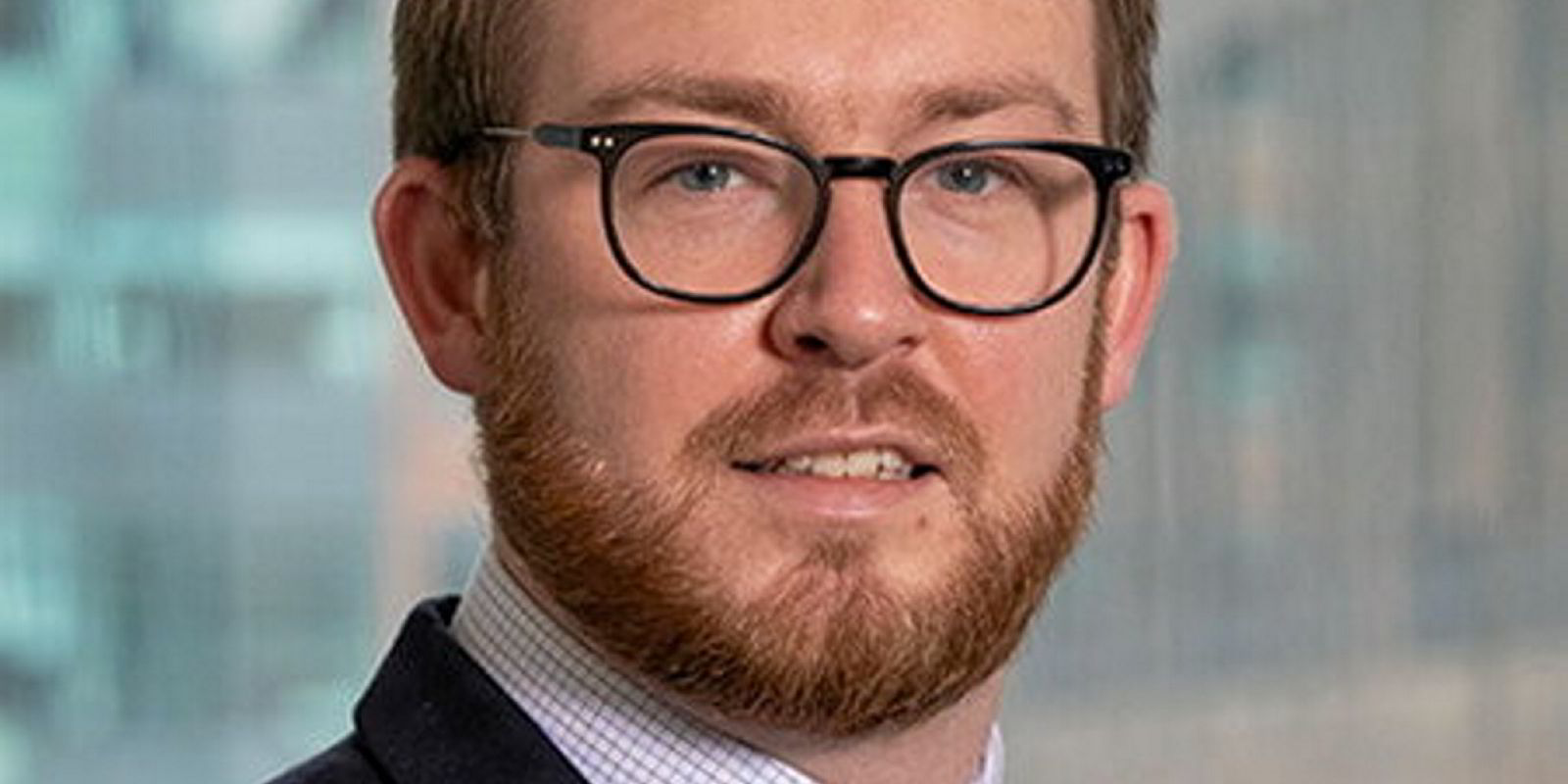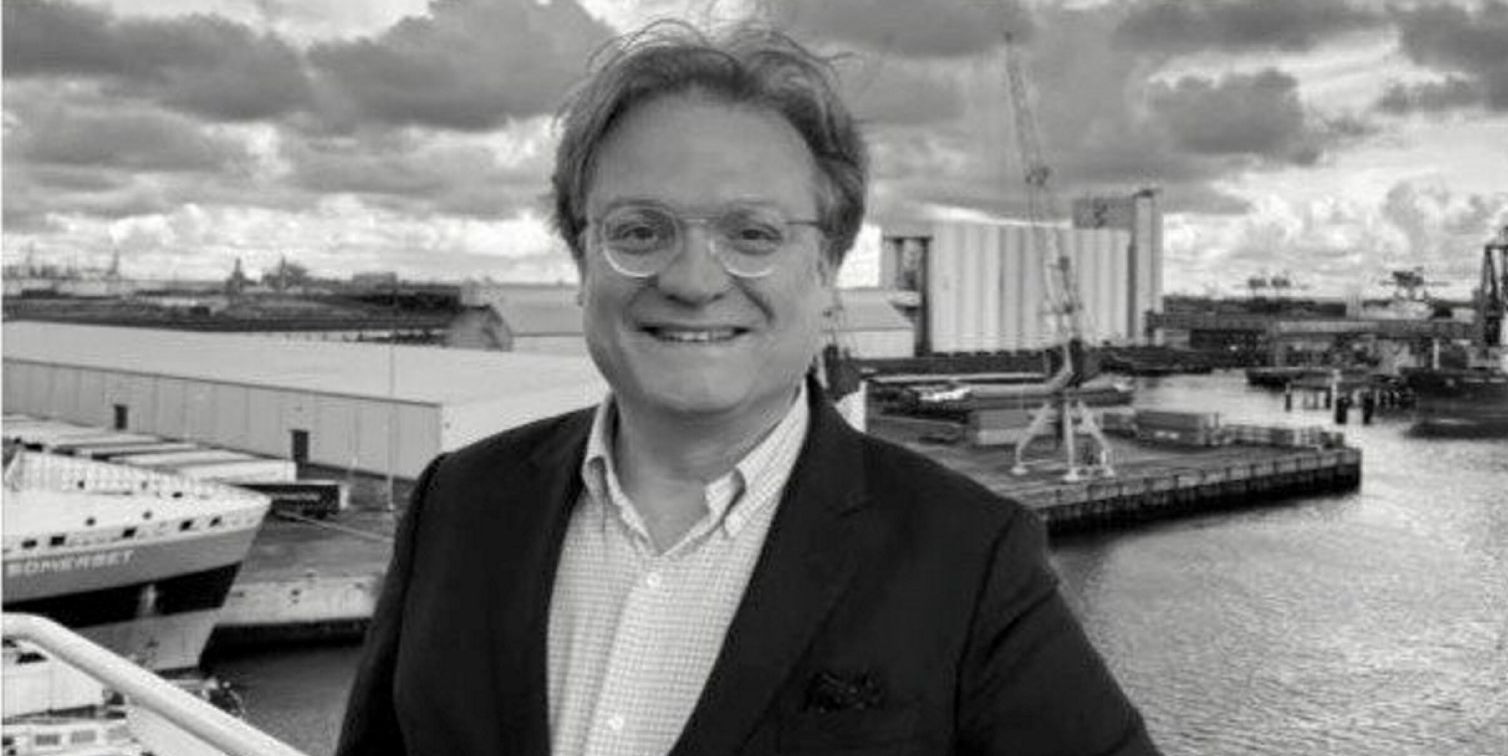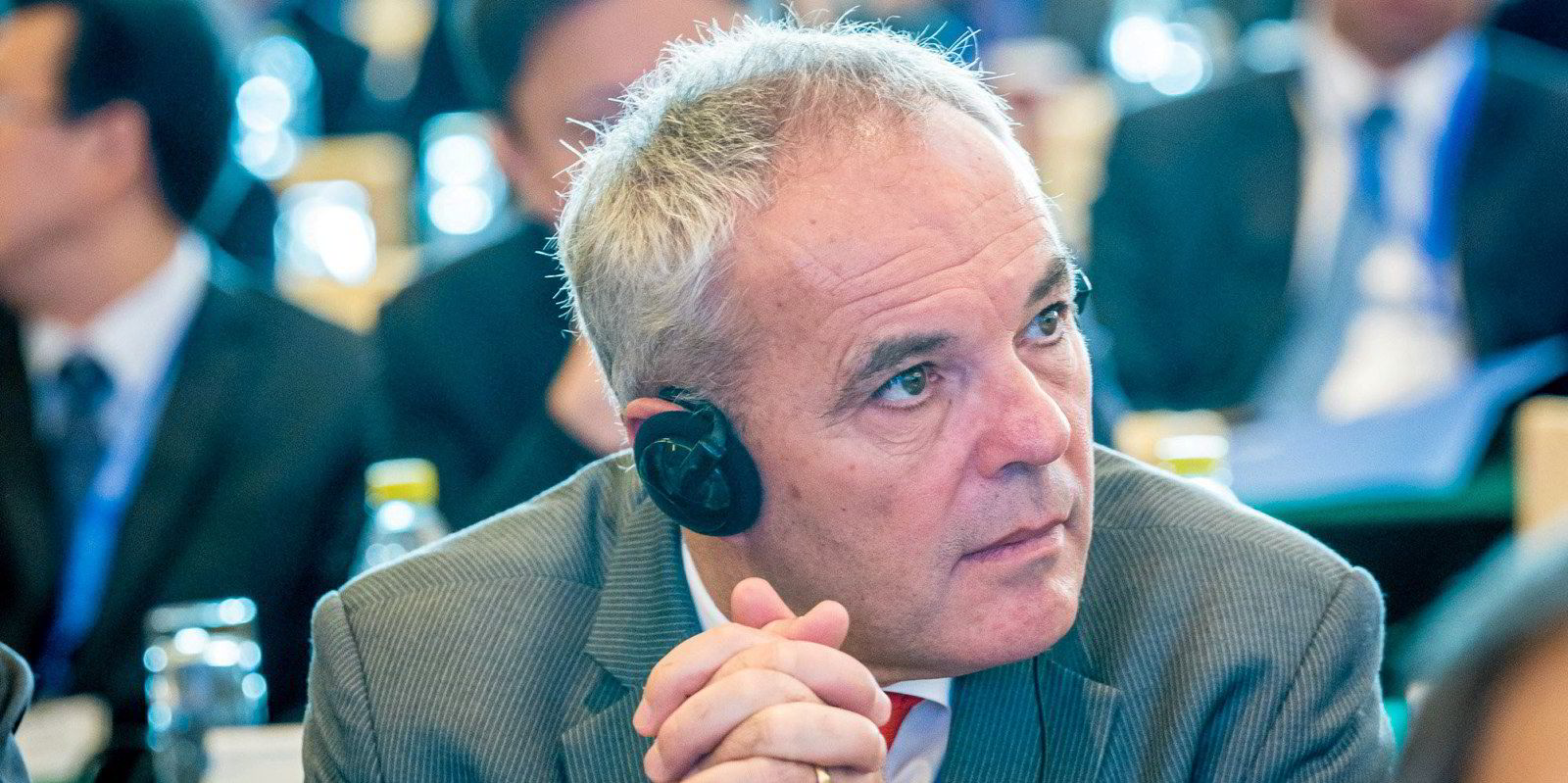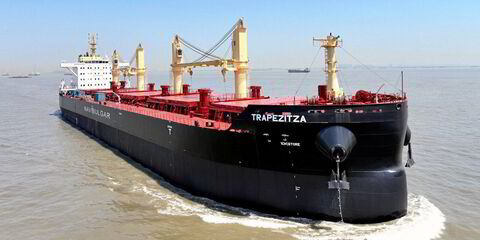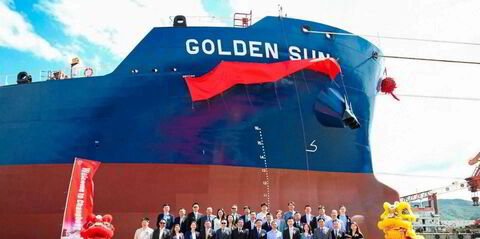Watson Farley & Williams (WFW) and DNB Bank have disclosed their involvement in the $900m restructuring of Dutch shipping group Vroon on Thursday.
The deal stands out not just for its sheer size but also for its particularity, according to a WFW statement on Monday.
The restructuring of Vroon’s $900m senior secured debt through a debt-for-equity swap was the first of its kind, the law firm said.
“The restructuring was implemented using an English scheme of arrangement and a Dutch WHOA procedure — the first time that these two restructuring procedures have been used together.”
WHOA are the Dutch initials for a court-mandated process to prevent insolvency.
WFW advised Norway’s DNB, one of the world’s biggest shipping banks, in the transaction.
The multi-disciplinary WFW London team that led the effort was headed by Patrick Moore, partner at the Assets & Structured Finance department.
Loyens & Loeff advised on the Dutch law aspects.
“The matter presented several challenges, including opposition by the debtor’s shareholders and the coordinated closing of multiple transactions across a large number of vessels, falling both within and outside the ambit of the court processes,” Moore said.
The deal left shareholders with just 4.91% of the stock.
Some shareholders had pushed for an alternative plan to sell Vroon’s vessels instead, claiming they lost out on their equity share because management had undervalued the group’s assets.
As TradeWinds reported late last month, however, an English judge dismissed the alternative plan as a “wholly unrealistic position”.
Following court approval for the debt-for-equity deal, the company announced a new strategic direction focused on its fleet of 60 product and high-heat tankers, livestock carriers and emergency response and rescue vessels. It said the future of its 40 offshore support vessels would be elsewhere and was pursuing several options.
The Vroon Group, a family firm founded in 1890, ran into difficulties in 2016 because of excessive debt. It was hit by a severe downturn in oil and gas markets as demand plunged during the Covid-19 pandemic.
Martijn Schouten took over as CEO in June to lead the company on its new strategy.
Peter “Piet” Vroon, the family member who helped shape and grow the company after the 1960s, died in June at the age of 93.
